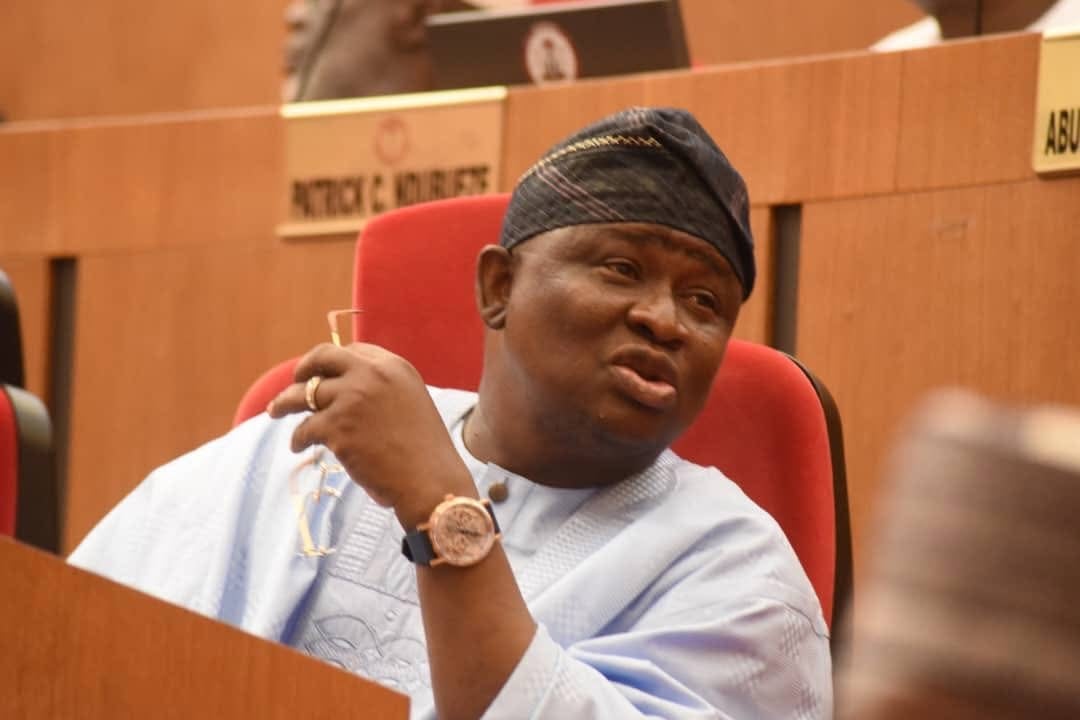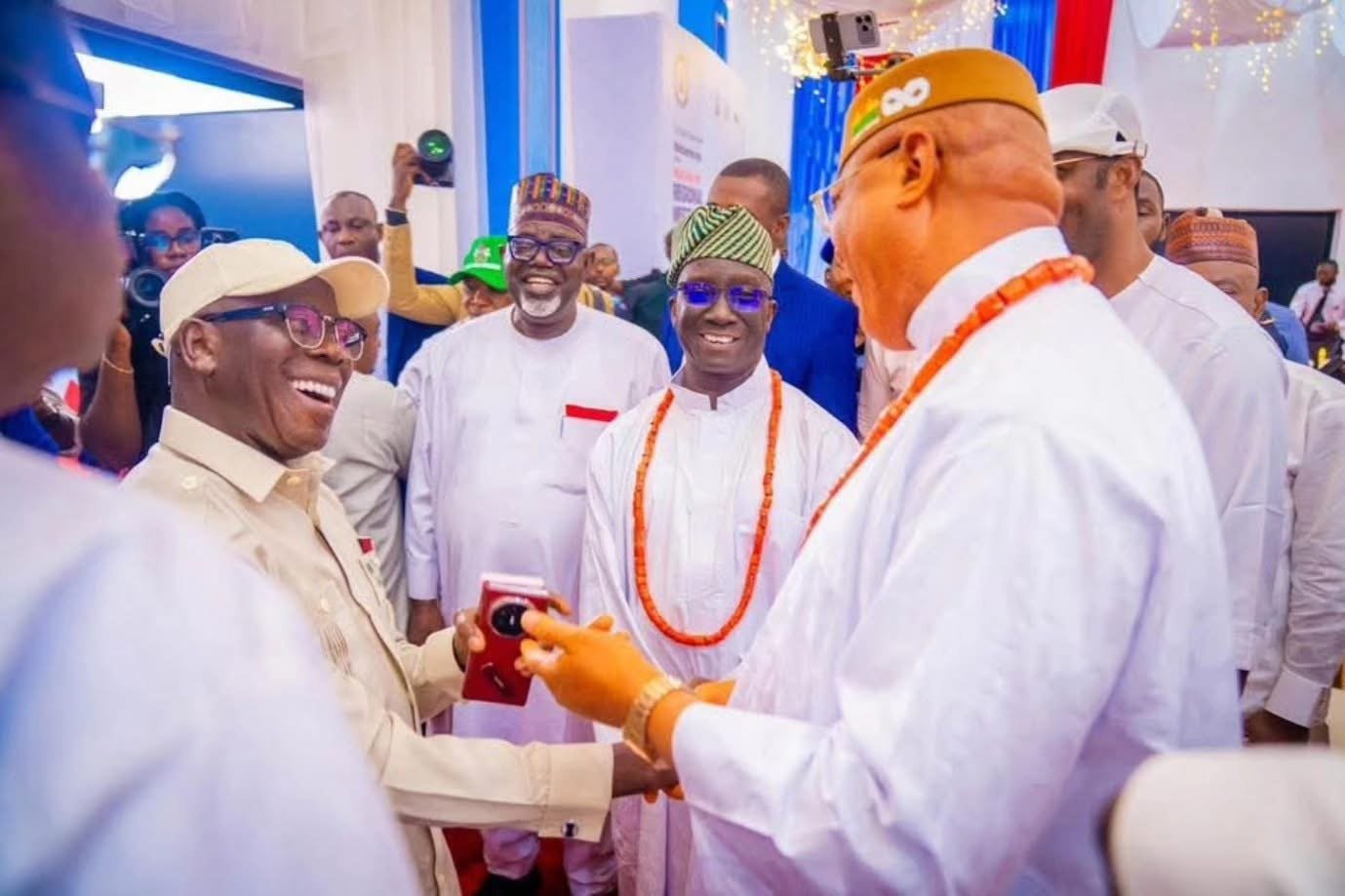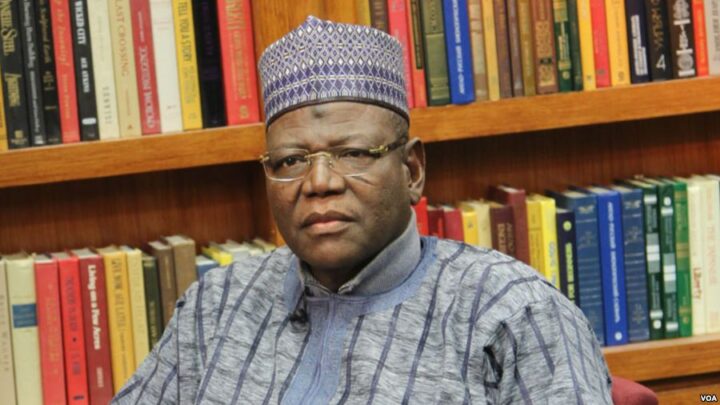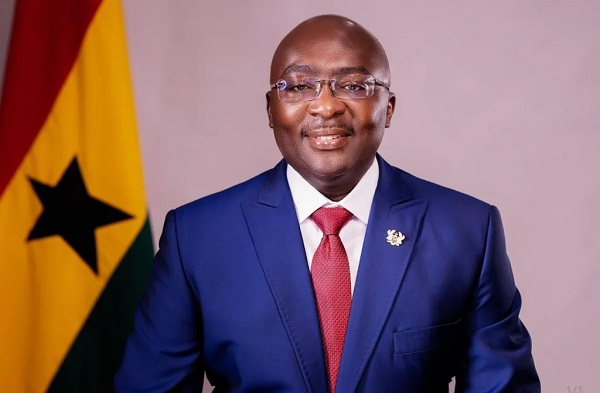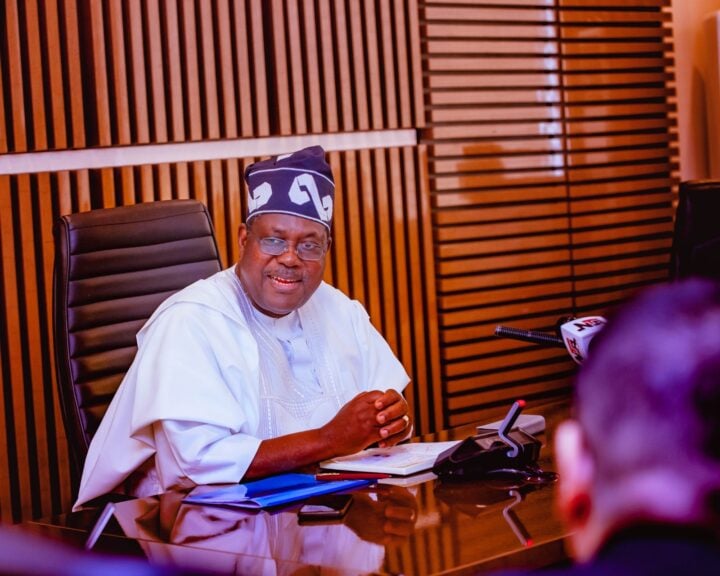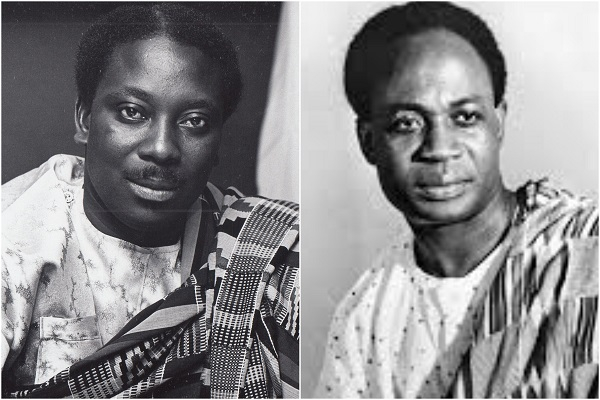President Tinubu Arrives in Saint Lucia Amidst Criticism

President Bola Tinubu commenced a two-nation diplomatic tour to the Caribbean and South America on Saturday, arriving in Vieux Fort, Saint Lucia, at 5:30 p.m. local time. Upon his arrival at Hewanorra International Airport, President Tinubu was received with full military honors by the Governor-General of Saint Lucia, His Excellency Cyril Errol Melchiades Charles, and Prime Minister Philip J. Pierre. This visit marks the first leg of a strategic engagement aimed at deepening Nigeria's diplomatic and economic relations.
The state visit to Saint Lucia officially began on Sunday with courtesy calls to the Governor-General and Prime Minister. On Monday, President Tinubu is scheduled to address a special joint session of Saint Lucia’s Senate and House of Assembly at the William Jefferson Clinton Ballroom, Sandals Grande, Gros Islet. This ceremonial gathering is expected to host a diverse audience, including Heads of Government of the Organisation of Eastern Caribbean States (OECS), senior Saint Lucian officials, members of the diplomatic corps, the Nigerian community in Saint Lucia, and the Director-General of the OECS, Dr. Didacus Jules. Following the parliamentary session, President Tinubu will host a high-level working luncheon with OECS leaders, with discussions centered on enhancing cooperation between Nigeria and the Caribbean bloc, emphasizing economic partnerships and cultural solidarity for shared prosperity.
A significant part of his itinerary in Saint Lucia also includes a visit to the Sir Arthur Lewis Community College in Castries, designed to foster educational collaboration and academic exchange programs between Nigerian and Caribbean institutions. President Tinubu’s visit strongly underscores Nigeria’s commitment to strengthening diplomatic and economic ties with Caribbean nations, particularly within the African Union’s Sixth Region framework, which recognizes the African diaspora as a vital partner in the continent’s development. Local sentiment in Saint Lucia has been one of heightened expectation and excitement, with many citizens expressing that Nigeria-Caribbean cooperation is long overdue and describing the visit as historic and consequential.
After concluding his engagements in Saint Lucia, President Tinubu will proceed to Rio de Janeiro, Brazil, to participate in the 17th BRICS Summit scheduled for July 6–7, 2025. His participation follows an invitation from Brazilian President Luiz Inácio Lula da Silva, and Nigeria will attend as a ‘partner country,’ a status recognized as being above that of a guest but not yet a full member. Currently, South Africa, Egypt, and Ethiopia are the only African nations with full BRICS membership. The 2025 BRICS Summit will be held under the theme: “Strengthening Global South Cooperation for More Inclusive and Sustainable Governance,” with core discussions focusing on enhancing Global South solidarity and expanding BRICS partnerships for advancing social, economic, and environmental development.
However, President Tinubu’s diplomatic tour has drawn significant criticism from former presidential candidate of the Labour Party (LP), Mr. Peter Obi, who condemned the trip as an ill-timed and insensitive decision in the face of deepening national crises. Obi expressed bewilderment, stating he was “struggling with my senses to understand what is happening to governance in this country,” particularly given the escalating insecurity, widespread hunger, and devastation from natural disasters in Nigeria. He highlighted that Nigeria has lost more people to criminality in the past two years than a country officially at war and questioned the President’s decision to embark on a leisure trip when he had not visited disaster-affected areas such as Minna, Niger State, where floods reportedly claimed over 200 lives and left hundreds missing. Obi also criticized President Tinubu’s visit to Makurdi, describing it as a “political jamboree” rather than a genuine condolence visit, and drew sharp comparisons between the small size and population of Saint Lucia (617 km², 180,000 people) and neglected Nigerian cities like Makurdi (937.4 Km², 489,839 people) and Minna (6789 km², 532,000 people), calling for leadership anchored in empathy and urgency.
In response to Peter Obi’s remarks, Fredrick Nwabufo, Senior Special Assistant to the President on Public Engagement, defended President Tinubu’s foreign engagements. Nwabufo described Obi as a “tragedy connoisseur” whose lamentations were “vacant of substance and facts,” asserting that the President’s visit to Saint Lucia is official and strategic. He underscored Saint Lucia’s significance as the headquarters of the Organisation of Eastern Caribbean States (OECS) and an important gateway to the Caribbean, where the 15 Caribbean states under CARICOM collectively have a combined GDP of over $130 billion. Nwabufo emphasized the strong cultural affinity between Nigeria and Caribbean nations, evident in the popularity of Nollywood and Afrobeats, and asserted Nigeria’s destined leadership role globally. He praised President Tinubu’s approach to foreign relations as that of a visionary leader who is successfully returning Nigeria to “global reckoning” through effective domestic leadership reinforced by a well-designed foreign policy.

